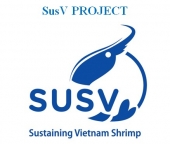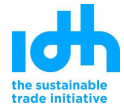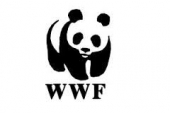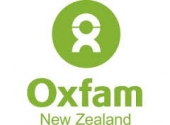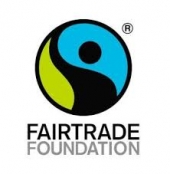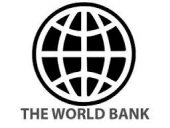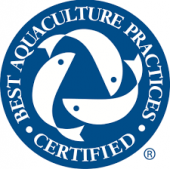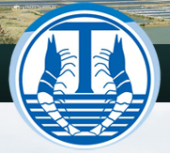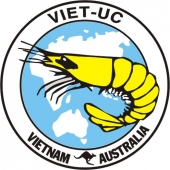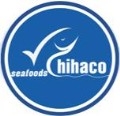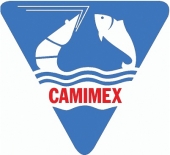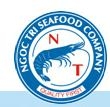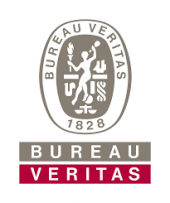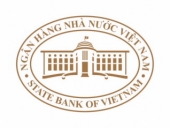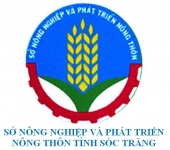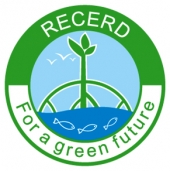Source: asianewsnet.net
Publication Date : 25-02-2015
Thailand's fishing sector has a long line of troubles. The country is the world's third-largest seafood exporter, yet its waters are almost out of fish.
Its fleet is facing strong criticism for using slave labour and it is at risk of getting a "yellow card" from the European Union (EU). The government is scrambling to correct this.
A long-overdue update of a law dating back to 1948 covering its fisheries sector may signal a turning point.
Under the new law, the department of fisheries will have the power to board and inspect fishing vessels in Thai territory - something it did not have before.
Vessels will be tracked via Global Positioning System technology and crews checked for forced labour. Driving this is a flood of recent reports exposing the industry's myriad problems.
Labour trafficking in the sector - in which around 70 per cent of workers are foreigners, mostly from Myanmar - was one reason why the United States Department of State in its annual Trafficking in Persons report last year downgraded Thailand to the lowest Tier 3, a ranking that could draw sanctions.
The EU could issue a "yellow card" - a warning that a country must ensure fishes are legally caught in compliance with EU certification requirements.
A country is given six months to comply or it will be "red carded", which means a ban on seafood products that do not meet the requirements. That could cost Thailand dearly - by reducing annual exports by up to 30 billion baht (US$921.2 million).
A report on the Thai fishing industry, due to be released today by the Britain-based Environmental Justice Foundation, is an example of the pressure that has forced the Thai government to fast-track proposed amendments that had been gathering dust for 14 years.
Its 40-page report says Thai fishing boats are now catching the equivalent of 14 per cent of what they used to catch in the mid-1960s.
"Exhausted fish stocks mean that vessels are staying at sea longer and going further afield for ever-diminishing returns," said the report. "In turn, operators are using human trafficking networks to crew their vessels and depress costs, forcing people to work for little or no money for years and even decades at a time.
"They use debt bondage, violence, intimidation and even murder to keep crews in line and cheap seafood on supermarket shelves."
The report argues for a complete overhaul of the industry, saying effective fisheries management, including reducing fleet capacity, could help combat human trafficking, pirate fishing and biodiversity loss, and enable fish stocks to recover.
The new law was a good first step, said Dr Simon Funge-Smith, a fisheries expert with the United Nations' Food and Agriculture Organisation.
He told The Straits Times he expected a gradual reduction in the capacity of the Thai fleet, which number over 57,000 vessels by one estimate, and that it was not too late for fisheries to recover.
Viroj Limsanit, chief executive of Narong Seafoods, one of Thailand's top 10 seafood exporters, said: "The pressure is getting more serious. Our association will not buy from illegal fishing boats."
Buyers already run annual audits on major exporters, he said. "But now the pressure is coming from the Thai government."
- See more at: http://www.stasiareport.com/the-big-story/asia-report/thailand/story/thailand-acts-curb-slave-labour-fishing-20150225#sthash.blhwFyNW.dpuf

